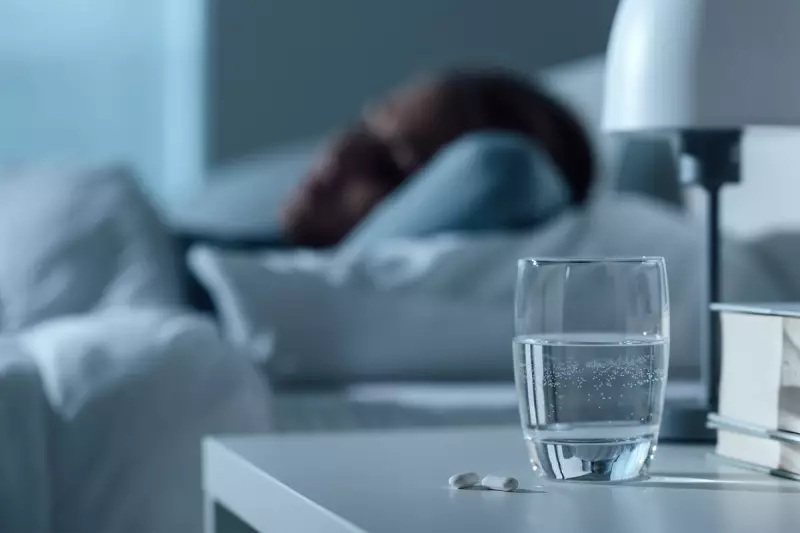
Millions of Britons turning to melatonin supplements for better sleep may be putting their heart health at risk, according to alarming new medical research.
The Hidden Dangers in Your Medicine Cabinet
While melatonin has become the go-to solution for sleep troubles, scientists are now uncovering disturbing connections between the popular supplement and serious cardiovascular complications. The research suggests that what many consider a harmless sleep aid could have far-reaching consequences for heart function.
What the Research Reveals
Recent studies have identified several concerning patterns among regular melatonin users. Medical professionals are particularly worried about the supplement's potential impact on:
- Blood pressure regulation - Unexpected fluctuations that strain the cardiovascular system
- Heart rhythm abnormalities - Potentially dangerous irregular heartbeats
- Medication interactions - Unexpected reactions with common prescription drugs
Who's Most at Risk?
The research indicates that certain groups should be especially cautious about melatonin use. Elderly patients and individuals with pre-existing heart conditions appear most vulnerable to adverse effects. However, experts emphasize that no user is completely immune to potential complications.
Medical Community Sounds the Alarm
Healthcare professionals across the UK are urging patients to reconsider their reliance on over-the-counter melatonin. "Many people assume because it's available without prescription, it must be completely safe," explains one leading cardiologist. "This research demonstrates we need to treat melatonin with the same caution as any other powerful supplement."
Safer Alternatives for Better Sleep
Rather than reaching for supplements, sleep specialists recommend exploring natural approaches to improve sleep quality:
- Establishing consistent sleep schedules
- Creating technology-free bedroom environments
- Practicing relaxation techniques before bed
- Limiting caffeine and alcohol consumption
Before starting any sleep aid regimen, medical professionals strongly advise consulting with your GP to discuss both the risks and benefits specific to your health situation.





